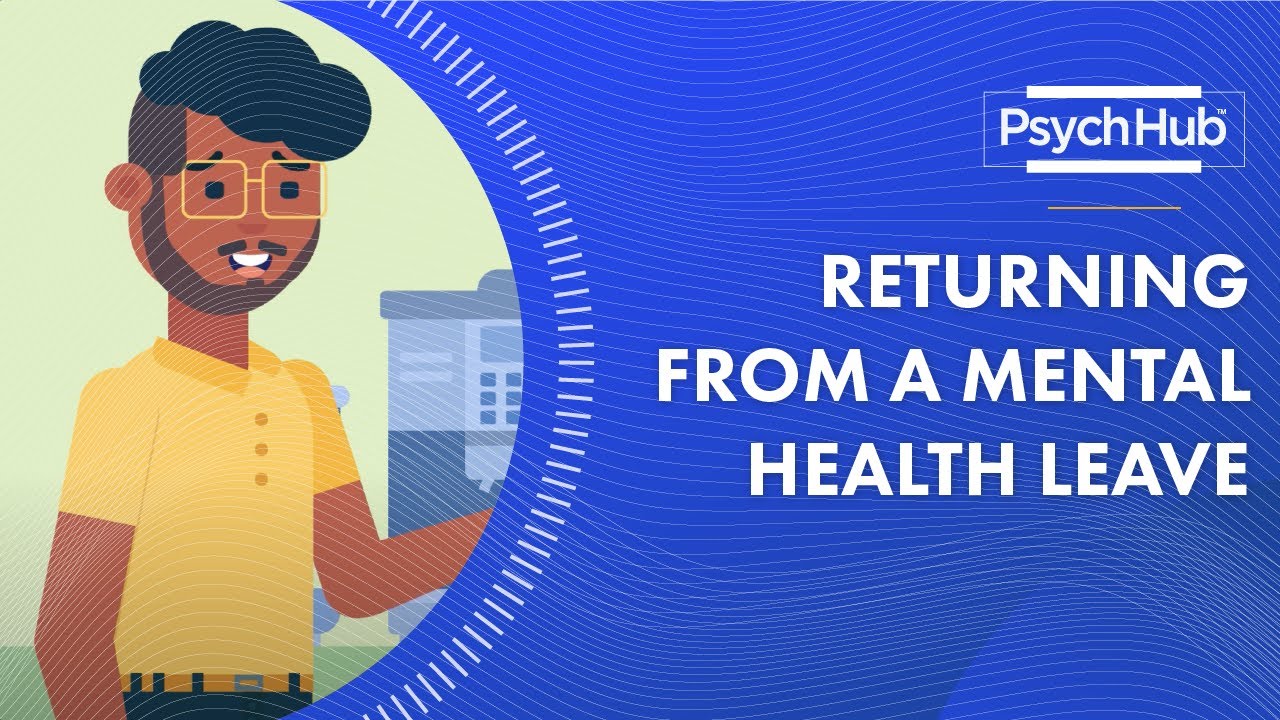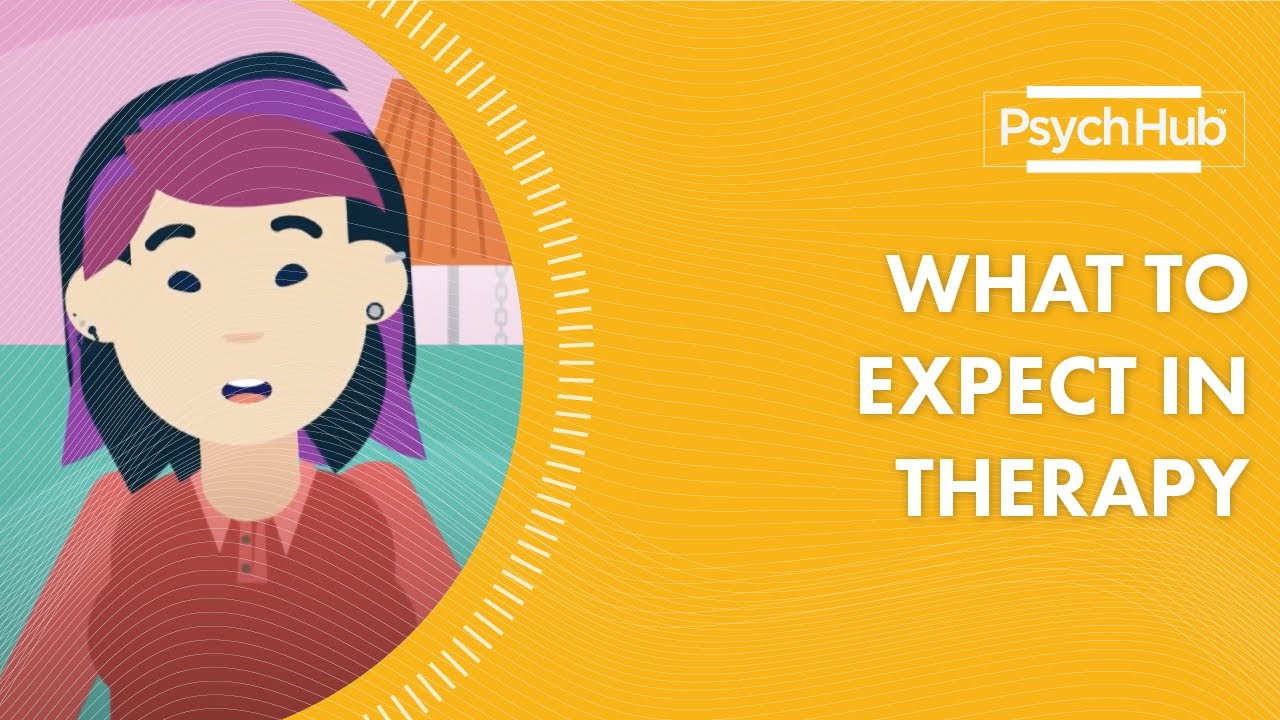Have you ever felt overwhelmed by stress and been told to “just be mindful” as a remedy? Perhaps you’ve tried mindfulness techniques and found them beneficial, yet insufficient in periods of prolonged stress. Recent research suggests that while mindfulness has its own advantages, cultivating hope can be more effective in mitigating stress, especially when it is long-lasting and work-related.
Stress and Fear in Today’s World
The modern world is fraught with challenges that can cause significant stress and anxiety. According to Edelman’s Trust Barometer Global Report, out of 32,000 people across 28 countries:
| Concern | Percentage (%) |
|---|---|
| Fear of job loss | 88 |
| Worry about inflation | 73 |
| Concern about climate change | 73 |
| Worry about hackers | 75 |
| Anxiety about nuclear war | 73 |
| Fear of information war | 61 |
Furthermore, a survey by Cigna revealed that 84% of all employees felt stressed, with an alarming 98% of Gen Z respondents reporting burnout. The Stress in America survey also disclosed that 27% of people were so stressed they had trouble functioning most days.
The Pitfalls of Mindfulness During Stress
Mindfulness, defined as being present in the moment with openness, curiosity, and non-judgment, has gained popularity for its mental health benefits. However, research published in the journal Stress & Health notes that mindfulness might not be the best approach during chronic stress. Here’s why:
- Difficulty in Staying Present: Focusing on the present can sometimes add to the pressure you’re already experiencing.
- Reinforcing Current Problems: Consistently being mindful might keep you focused on present issues, potentially exacerbating your stress levels.
Why Hope Outshines Mindfulness
Hope, by its very nature, is forward-looking and centered on the future. A study cited in Stress & Health found that people who cultivated hope reported:
- Greater feelings of happiness
- Higher levels of engagement
- Lower levels of distress or tension
Additionally, optimism related to hope has impressive benefits:
| Benefit | Description |
|---|---|
| Increased lifespan | Associated with an 11%-15% longer life span |
| Improved job performance | Linked to better job performance and satisfaction |
Cultivating Hope: Five Tactics
So, how can you foster hope in your life? Here are five effective strategies:
1. Be Grateful
Gratitude shifts your focus to what you have, fostering a sense of satisfaction and abundance. Regularly practicing gratitude can nurture both hope and optimism. Reflect on what you’re grateful for daily, emphasizing relationships, experiences, and opportunities over material possessions.
2. Manage Your Expectations
Having realistic expectations helps you experience greater satisfaction. Constantly aiming for perfection will leave you perennially disappointed. Recognize that life has its ups and downs. Accepting this reality will make it easier to remain hopeful and motivated during challenging times.
3. Think Long Term
Reflect on what is most important to you and set long-term goals. Keeping a broader perspective can help you navigate through short-term obstacles with greater ease. By focusing on the long-term, you can better handle the stress of the present.
4. Stay Agile
Maintain confidence in your ability to grow and improve. Embrace a growth mindset, which allows you to see setbacks as opportunities to learn and enhance your skills. Difficult times can strengthen your resilience and help you recognize your expanding capabilities.
5. Embrace Your People
Surround yourself with positive, optimistic individuals. While it’s important to have friends who offer critical perspectives, spending the majority of your time with those who energize and motivate you can keep your hope alive.
Balancing Hope and Mindfulness
While the focus here is on hope, it’s important to acknowledge the value of mindfulness in a well-rounded, healthy life. Mindfulness can be beneficial in various situations, but in times of acute stress, hope might provide the forward momentum needed to navigate through challenges.
By incorporating gratitude, managing expectations, thinking long term, staying agile, and embracing supportive people, you can cultivate hope. These strategies allow you to navigate stress more effectively, fostering resilience and maintaining a positive outlook on the future.
Conclusion
When facing stress, especially prolonged and work-related stress, hope can be a more effective strategy than mindfulness. By cultivating hope through gratitude, realistic expectations, long-term thinking, agility, and positive relationships, you can enhance your happiness and overall well-being. Remember, while mindfulness has its place, hope can illuminate the path forward, helping you to overcome obstacles and achieve a balanced, fulfilling life.
Would you like to subscribe to newsletters that offer more insights on cultivating hope and managing stress? Consider this as a step towards a hopeful, more resilient you.





